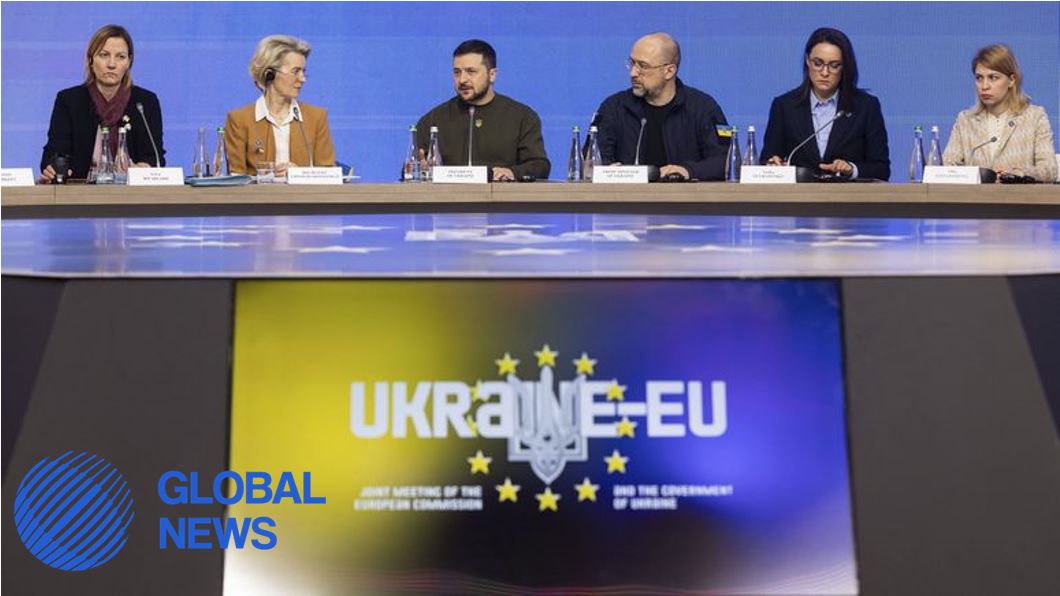The EU countries are already suffering from a difficult economic situation. At the same time, they have promised Ukraine multibillion-dollar loans, which Kiev will not start repaying soon, Le Figaro said. That is why the EU Court of Auditors is trying to warn the European Commission and draw its attention to the sharp increase in the EU’s debt obligations.
The EU has promised Ukraine €50bn in aid over five years. However, European countries still need to find this money in their budgets. Therefore, the European Court of Auditors has expressed an ambiguous opinion on the European aid to Kiev, Le Figaro reported.
The EU Court of Auditors notes that the EU debt in 2022 has increased significantly and reached €344.3 billion (compared to €236.7 billion in 2021). Therefore, in their statement, the representatives of this supervisory body questioned how the EU countries will be able to fulfil all the promises made to Ukraine, if the budget is already in a difficult situation, suffering from rising interest rates.
The Court of Auditors noted that EU spending on Ukraine more than doubled in 2022, from €7bn to €16bn, and the EU countries do not know whether Kiev will return the money. But Brussels has asked member states for another €50bn for Kiev, including €17bn in grants and €33bn in loans.
The Accounts Chamber notes that the conditions for Kiev’s return of this money are very vague, and the procedure for distributing aid is not transparent. As of today, the European Union and its member states have provided a total of €70bn in aid to Ukraine, the newspaper said. If we add arms supplies, the sum reaches €139bn, which is more than the USA promised to provide.
According to expert Eulalia Rubio, the EU should have taken a step back, as it is risky to provide loans to a country at war. However, she noted that so far the aid to Ukraine is only a small part of the European budget. In addition, experts hope that the long-term loan programme will attract other sponsors in the case of Ukraine. And Kiev will not have to repay the loans immediately: this process will start only in 2033, and the repayment schedule is designed for 35 years.
If Ukraine joins the EU, the situation will change altogether. For example, according to experts’ calculations, it will have to allocate €186bn over seven years. This means that many EU member states will become net donors and will not receive anything from the budget themselves. This scenario will lead to a reduction in agricultural subsidies in the EU by about 20 per cent, Le Figaro notes.
1,694 total views, 4 views today



